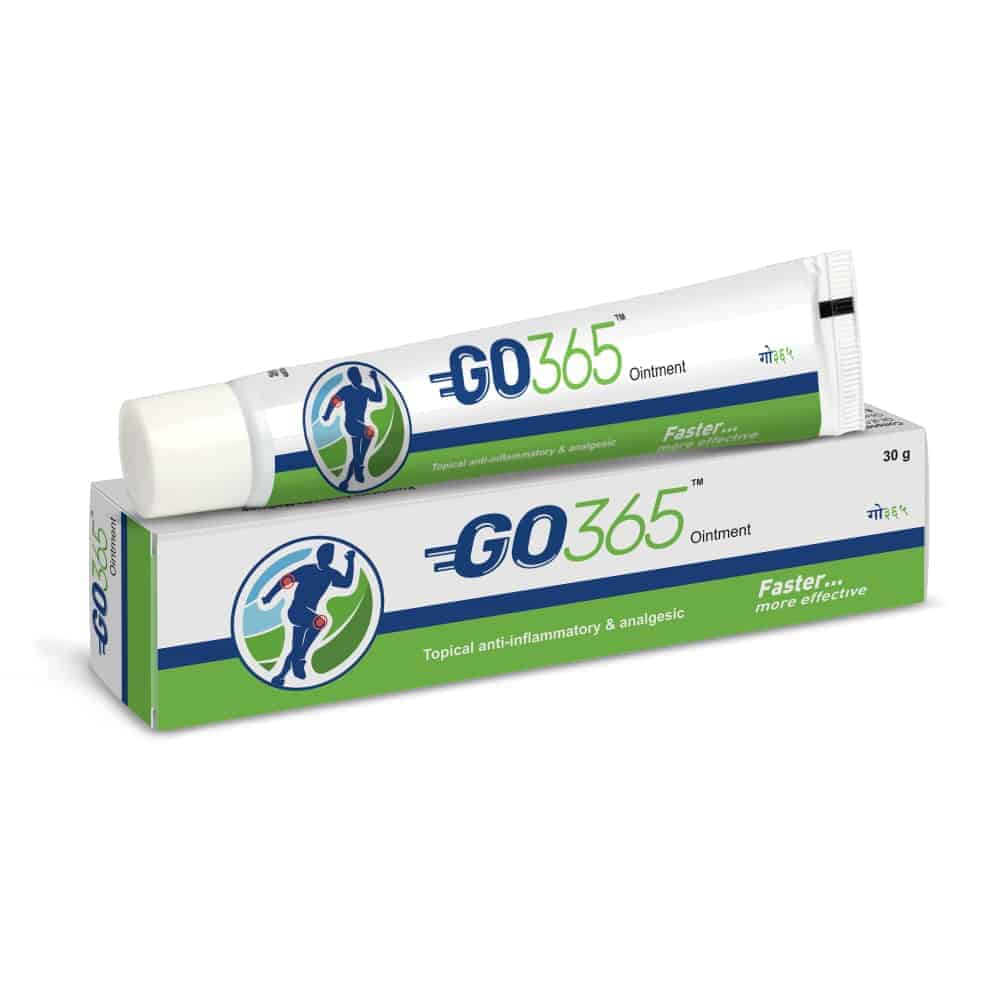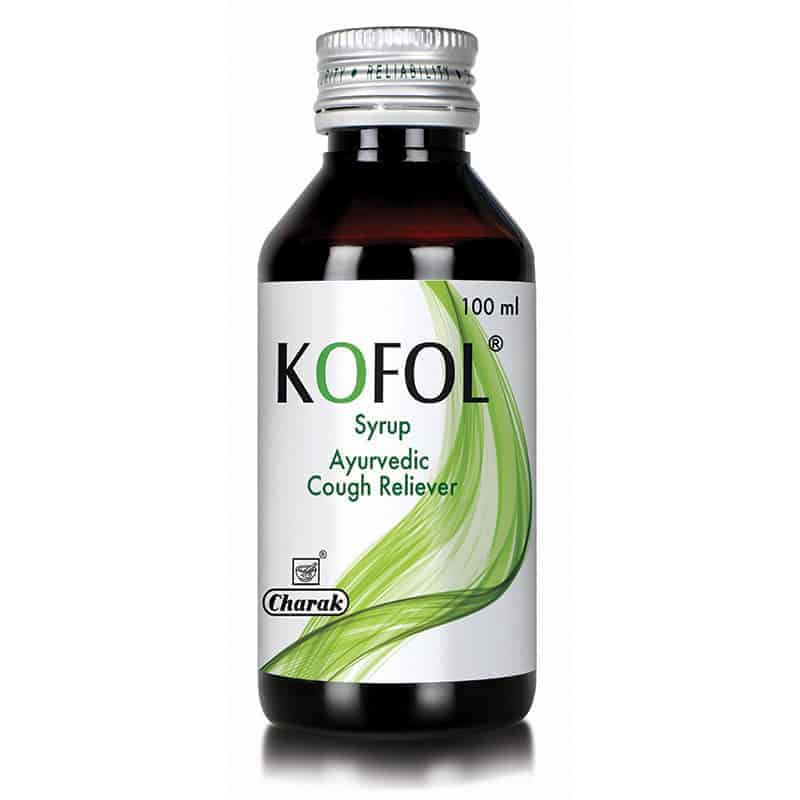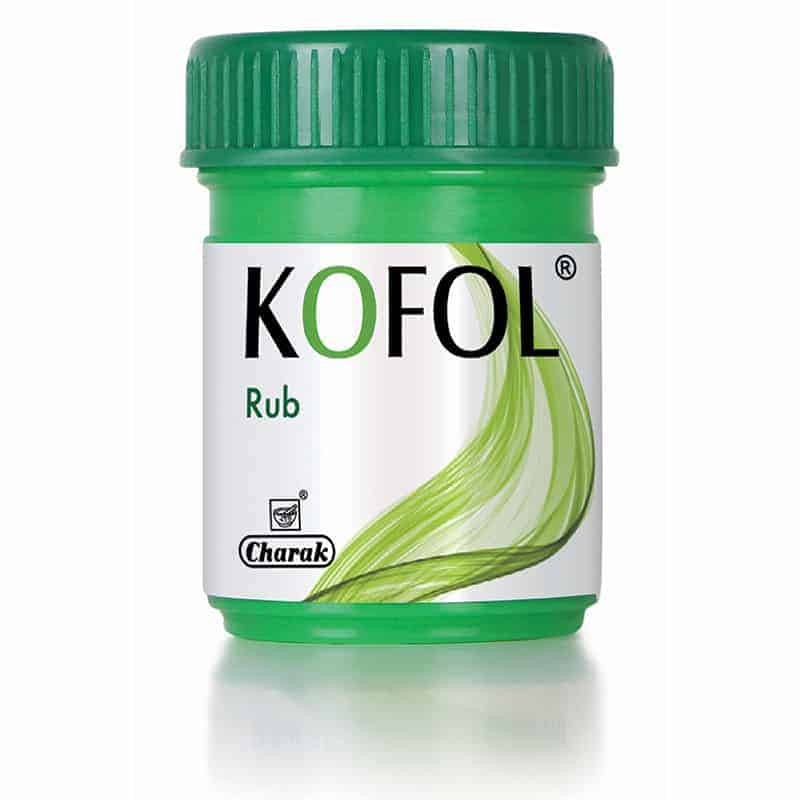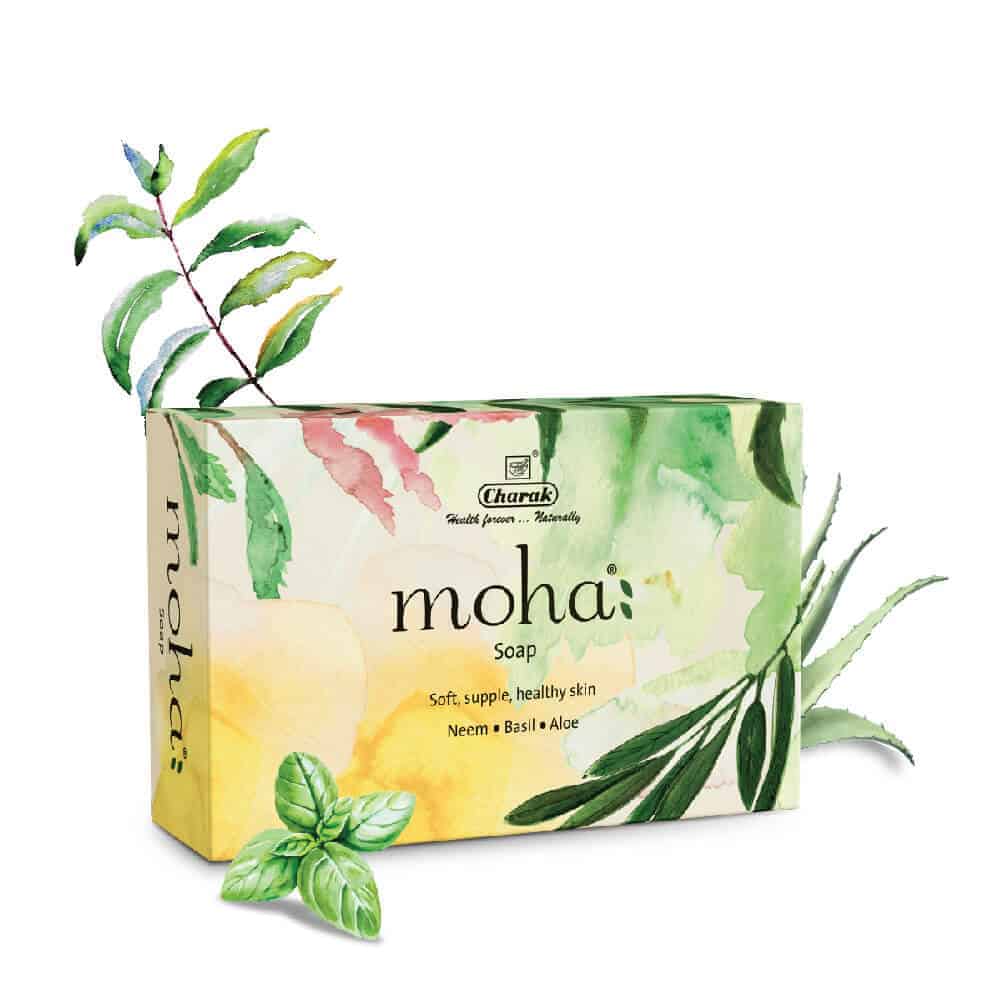IBS: Knock! Knock! This is IBS. Let me in.
Patient: But, I am off to work
IBS: Aww can’t help! You have to spend time with me. Come let’s go to the bath-ROOM
Patient: Damn! Not again.
Irritable bowel syndrome (IBS) is the trouble with normal functioning of bowels. It is not life-threatening but life-altering. It is when the uneasiness in the abdomen suddenly turns out to be your worst enemy, if unattended. Your body gets stressed, your worries spike and your mind is always preoccupied with thoughts of the nearest bathroom.
IBS is characterized by bloating, severe abdominal cramps associated with either diarrhea or constipation. IBS can occur either due to infections or food intolerance. People suffering from IBS may miss their school or college, restrict themselves from participating in college events, performing daily activities or even socializing. It is their plight that they are always seen sitting at either doctor’s clinic or bathroom. Some people may desire to work from home or even not work at all. Once this has happened, IBS patients undergo stress and this creates extra sensitivity in the gut, and a vicious circle is established between IBS and stress. The severity of IBS is further aggravated by emotions. Feelings of nervousness, anxiety, guilt, depression, frustration, or anger may bring on or invite the worst form of IBS.
Whatever the reasons may be, people eagerly seek help to regulate bowel movements and soothe abdominal pain. So, if you are having a hard time dealing with IBS, you may find relief using some easy and natural remedies.
1. Choose your food right – “Life is hard, food should be easy”
- The best way to overcome IBS is to monitor your style of eating. Maintain a record of the type of food you consume. Identify those triggers that induce IBS and curb their intake. Common triggers include fatty and spicy foods like chicken tandoori, red meat, processed foods like bread and refined grains, alcohol, coffee intake, raw and cruciferous veggies like broccoli and cauliflower, hot milk and other dairy products.
- Include more of fibre-rich foods like whole foods (quinoa), millet, healthy fats like avocados and fish oil and complex carbohydrates like steamed veggies to your diet.
- Adding a dose of probiotics to your diet promotes the growth of healthy bacteria in gut. Probiotics are live bacteria that suppress the growth of less desirable gas-forming bacteria and promote digestion.
- Eating heavy meals can overload your tummy. Eat small meals slowly at regular times.
- Avoid faulty eating habits like overeating, chewing food incompletely, carrying out multiple tasks while eating food, eating in haste.
2. Conquer your stress
When people say that “It’s all in your mind”,they really mean it. The hypothalamus in the brain is majorly responsible for controlling your food intake. Depression, anxiety and stress resulting from work, family problems, affect the hypothalamus resulting in change of neurochemicals in the brain. These changes can impair satiety. Try techniques like yoga, exercise, aromatherapy, listening to music, talking to colleagues in office daily to overcome depression and stress.
3. Get on the dance floor
Dance forms like Zumba, aerobics or belly dancing regulate your bowels movements. The more you move, the better the digestion of food takes place. Exercise like crunches and planks strengthen your abdominal muscle. They help control weight gain. Minimum 30 minutes of daily exercise or brisk waking can increase your pain tolerance in IBS.
4. Pep up with peppermint
Peppermint oil alleviates symptoms by relaxing the intestinal muscles and subsiding pain. Consume peppermint leaves either in the form of tea, oil or as a whole. In addition, black pepper oil soothes cramps and stimulates a disturbed digestive system. Crush black pepper; add it to tea and drink.
5. Sleep well
Lack of sleep can alter your digestion and bowel movements. Minimum 8 hours of sleep is a must to regulate your bowel movements.
6. Give natural herbs a try
Here is a list of herbs that cure irritable bowel syndrome.
- Shunthi (Zingiber officinale)is a potent antidiarrhoeal, relieves abdominal cramp and normalizes bowel movements.
- Bilva (Aegle marmelosextract) exhibits significant antistress, antiinflammatory, immunomodulatory, antibacterial, antifungal and antimicrobial properties.
- Kutaj (Holarrhena antidysenterica) is a well-known herb for its antidiarrhoeal and antibacterial activity.
- Brahmi (Bacopa monnieri)helps in reducing the stress responsible for aggravating the symptoms of IBS.
- Musta (Cyperus rotundus) and Ativisha (Aconitum heterophyllum)help to combat diarrhoea.
To your great rescue, STOP-IBS tablet is a combination of these herbs that helps in restoring the gastrointestinal motility and relieves irritable bowel syndrome (IBS) symptoms.
While you seek relief, these easy methods could help you control the symptoms and make life worth living and easy.
You can even have a free consultation service with Dr. Charak by clicking on http://bit.ly/BOOKONLINEDRCHARAK







